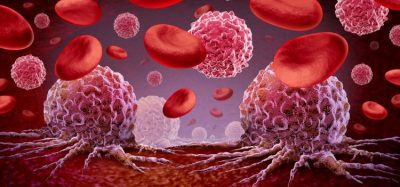FDA grants new approval for novel hepatitis drug
Posted: 11 June 2025 | Catherine Eckford (European Pharmaceutical Review) | No comments yet
The FDA’s authorisation helps to address the “significant” remaining need for acute hepatitis C treatments, according to AbbVie.


The US Food and Drug Administration (FDA) has expanded its approval of the first direct acting antiviral (DAA) therapy to treat acute hepatitis C virus infection in eight weeks with a 96 percent cure rate.
Mavyret® (glecaprevir/pibrentasvir) is now indicated for adults and paediatric patients aged three years and over who have acute or chronic forms of the viral infection with or without cirrhosis or with compensated cirrhosis. The US agency granted Breakthrough Therapy Designation (BTD) for the oral small molecule as a treatment for acute hepatitis C virus.
What data informed the US FDA’s approval of Mavyret?
Data from the single-arm prospective Phase III M20-350 clinical trial showed that Mavyret was highly effective in treating acute forms of the condition. These findings supported the FDA’s new decision about AbbVie’s pangenotypic direct acting antiviral medicine.
“MAVYRET has treated more than one million patients with [hepatitis C virus], but we recognise that a significant need remains for patients with acute infection”
“Mavyret has treated more than one million patients with [hepatitis C virus], but we recognise that a significant need remains for patients with acute infection,” stated Dr Roopal Thakkar, Executive Vice President, Research And Development, Chief Scientific Officer, AbbVie.
Addressing the global burden of hepatitis C virus infection
“If treated early with safe and effective therapies, providers can cure virtually all patients with hepatitis C before it escalates to chronic disease and eventually cirrhosis or liver cancer. The public health community now has a good opportunity to cure nearly all persons to support eliminating the toll of this deadly virus,” explained Dr John Ward, Director, Coalition for Global Hepatitis Elimination.
Research highlights that the public health community aims to eradicate hepatitis C virus by the end of the decade. However, nearly 80 percent of high-income countries are not expected to reach this target until after 2050.
Related topics
Big Pharma, Clinical Development, Clinical Trials, Drug Development, Drug Safety, Industry Insight, Regulation & Legislation, Research & Development (R&D), Therapeutics









